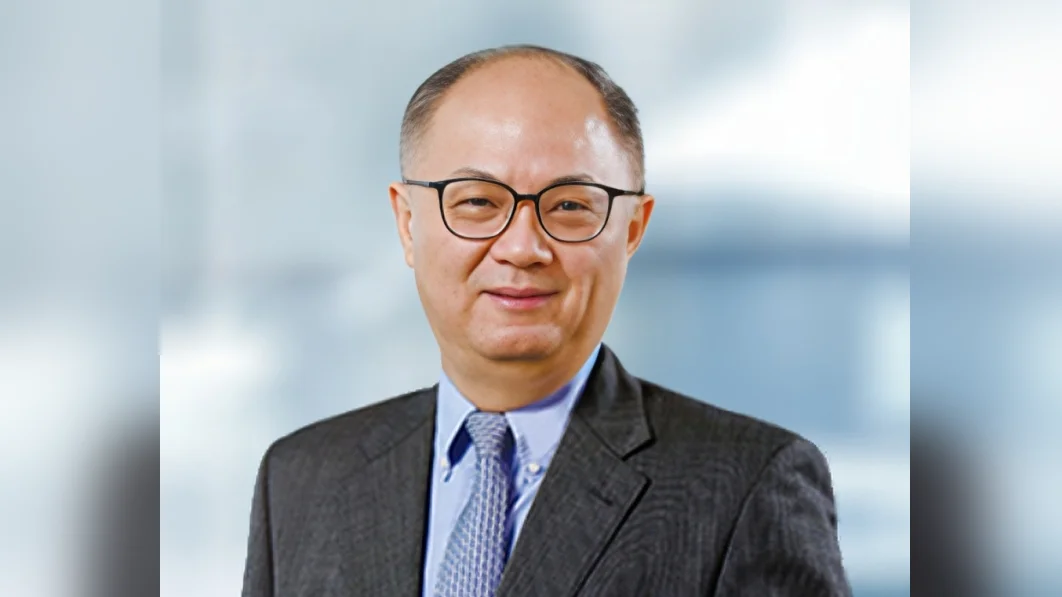As the second half of 2025 begins, investment professionals are focusing on Europe and Japan as key markets for potential growth. At the Mid-Year Session of the 2025 Fubon Financial Trends Forum, Jerry Wu, Senior Vice President of Taipei Fubon Bank, discussed shifting investment strategies in response to changing global conditions.
Wu highlighted that "investors should shift their attention to the two major markets of Europe and Japan. Additionally, sectors such as AI agents and semiconductors, which continue to lead the technological wave, are worth deeper investment. Furthermore, with increasing geopolitical tensions, gold has become an essential component of asset allocation for investors."
Recent policy changes by the Trump administration have affected global trade dynamics. Adjustments in tariff policies aimed at boosting American manufacturing have influenced international economic forecasts and led many agencies to revise their projections downward for 2025. In this environment, some investors are considering reducing exposure to U.S. equities in favor of European and Japanese stocks.
In Europe, Germany enacted a constitutional amendment earlier this year allowing increased national borrowing for defense and infrastructure projects. The German government’s new borrowing capacity is expected to exceed 44 billion euros by 2025. Additionally, a 500 billion euro off-budget fund will support infrastructure and climate initiatives over twelve years. The European Union's "European Rearmament Plan" could mobilize up to 800 billion euros in military investments through combined national budgets and loans.
Wu explained that "in 2025, European stock markets will be driven by several factors including the ECB's interest rate cuts, undervalued stock markets, the potential conclusion of the Russia-Ukraine war, post-war reconstruction, and Germany's increased fiscal stimulus." He noted continued investor confidence despite recent market corrections related to tariff policies.
Japan is also experiencing economic shifts. The country has maintained core CPI above 2% for three consecutive years and saw wage increases reach a multi-decade high following spring labor negotiations. Investment through NISA accounts continues to grow rapidly among younger individuals. The Japanese government plans significant investments in AI and semiconductor industries—10 trillion yen from public funds between 2024–2030—and calls for combined public-private sector investment totaling 50 trillion yen over ten years.
According to Wu: "Japanese multinational corporations have a global presence... Since 2020, Buffett has been purchasing shares in the five major trading companies... Corporate governance reforms are proving effective." He added that Japanese stocks remain undervalued compared with other countries’ equities.
Technological innovation remains another area attracting investor attention. AI agents—digital assistants capable of autonomous operation—are gaining ground across industries due to their ability to improve efficiency amid negative population growth trends worldwide. Market research predicts rapid expansion in this field; revenue from AI agents is forecasted to rise from $5.1 billion in 2024 to $47.1 billion by 2030.
Wu stated: "With the development of AI agents... corporate AI agents will evolve in three significant ways: by hiring additional AI agents, developing AI customer service interfaces, and preparing APIs..." This trend is expected to create opportunities across cloud computing, blockchain technology, fintech services, and enterprise artificial intelligence platforms.
Semiconductors also play a crucial role as demand rises alongside advances in artificial intelligence applications. While inventory turnover slowed briefly last year due to economic concerns, preemptive stockpiling has since improved conditions within the industry during early 2025. Market estimates suggest strong earnings growth ahead for semiconductor firms; SOX index EPS is projected to increase more than twice as fast as S&P 500 earnings through next year.
Wu commented that major technology companies are improving semiconductor processes with innovations like silicon photonics (CPO) technology now being prioritized though not yet commercialized at scale.
Gold continues serving as a hedge against instability amid ongoing political and economic uncertainty worldwide—a situation reflected both in rising prices and growing central bank reserves allocated toward gold holdings over recent quarters.
Wu indicated: "Gold constitutes an average of 20% of global central bank reserves... There is significant potential for increasing gold allocations." He recommended that investors assess appropriate levels given current volatility.

